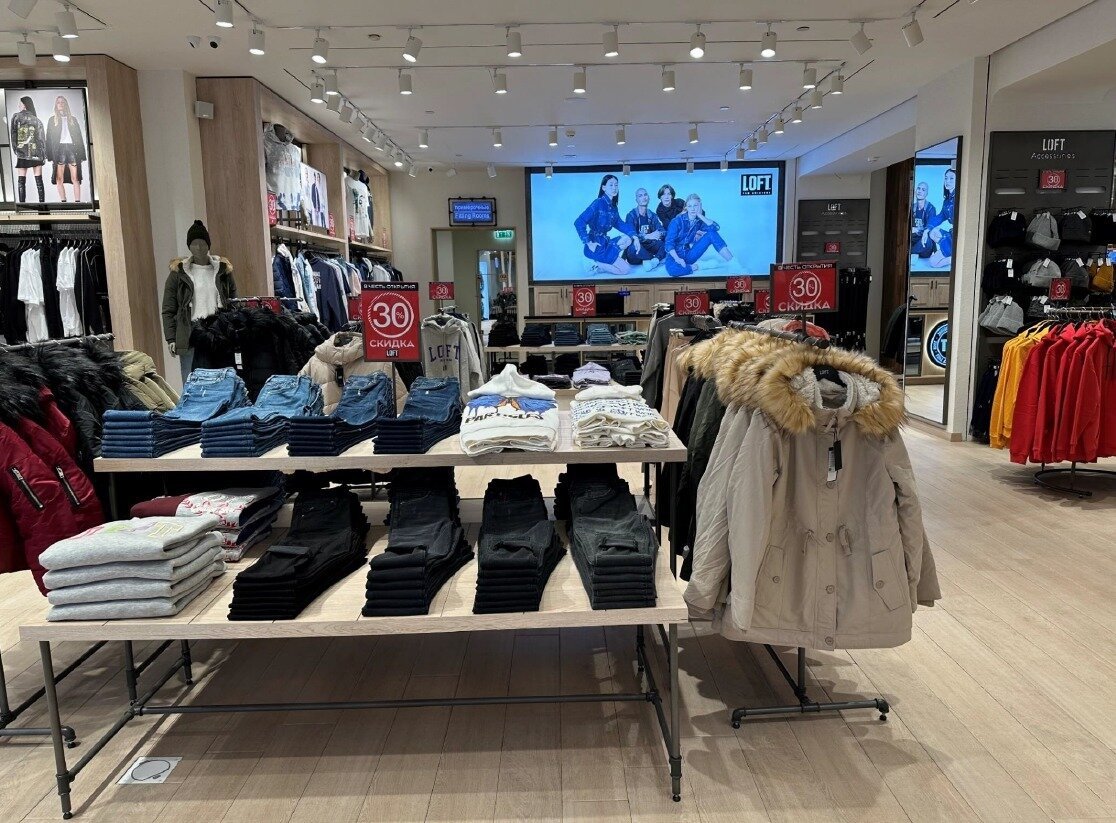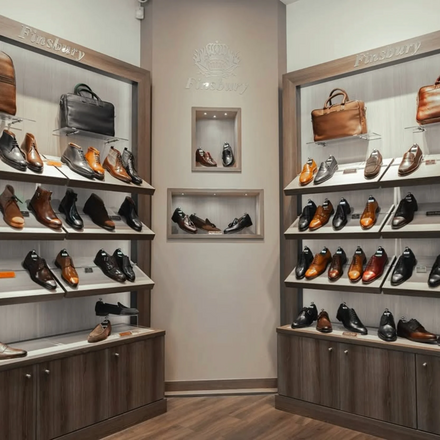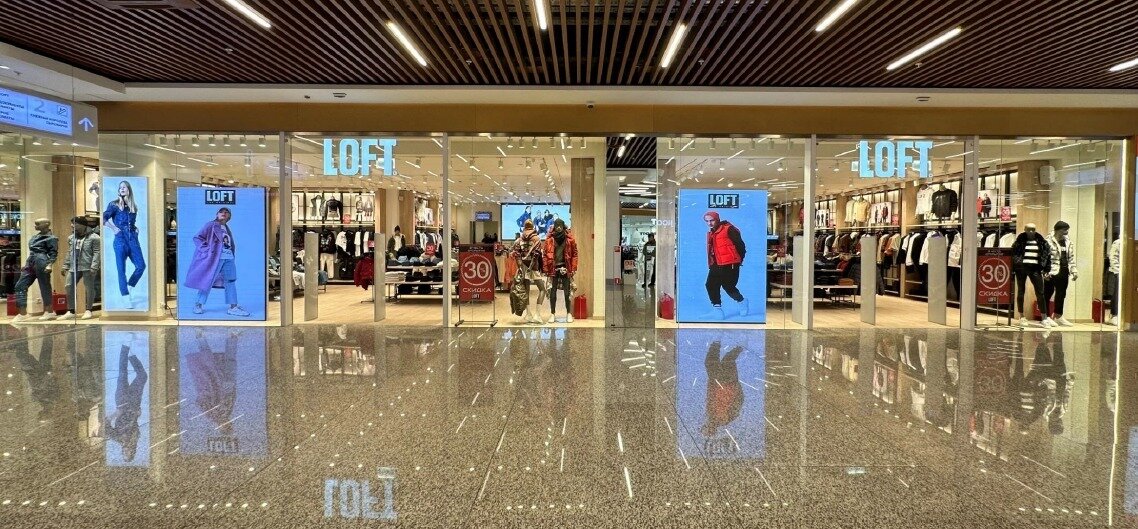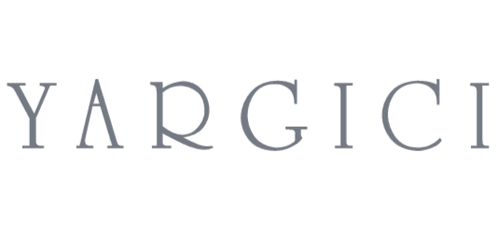The Evolution of LOFT Jeans

LOFT Jeans, like other fashion brands, is focused on growth. What makes its franchise plans unusual, and how can they benefit its partners?
LOFT Jeans originated from the textile industry in Turkey during the 1980s. Initially serving other brands, the company decided to create its own denim line due to the enduring popularity of denim products. The brand emphasizes offering customers a diverse selection. LOFT aims to make original jean designs accessible to those seeking to express their individual style. They have built a network of suppliers to ensure affordability, enabling them to capture and maintain a segment of the denim goods market.
„Our motto is - be brave, and our motivation is to share the LOFT experience with customers by allowing them to freely make their selection from our collection. The company's vision is to enhance brand value" with our products in every market we operate in. We have established a network of suppliers with excellent manufacturing capabilities to ensure both affordability and exceptional value of our products. This has enabled us to capture and maintain the market segment of jeans goods with designs and products.” – said Dogan Tarhan, International Sales Manager in Loft Jeans.
Currently, LOFT stores are located in various countries, including the United Arab Emirates, Iraq, Israel and Palestine, Libya, Algeria, Kazakhstan, Mongolia, Bosnia and Herzegovina, Albania, Kosovo, Macedonia, and the Turkish Republic of Northern Cyprus, Russia.
Benefits for franchisees
Potential LOFT franchisees can benefit from several advantages when considering a partnership with the brand. These include access to a professional retail team for guidance and support, standardized and repeatable infrastructure for franchise operations, similar designs developed by an in-house team, consistent distribution of product groups within collections, a balance between price and value, exposure to international perspectives and global trends, and knowledge-sharing opportunities to enhance the franchisee's capabilities and efficiency.
Support for LOFT franchisees
Accroding to Dogan Tarhan, LOFT offers support to its franchisees in several forms to facilitate their operations. This includes ongoing technical assistance and guidance, with regular site visits and continuous support from the head office. Franchisees are provided with an operations manual detailing company procedures and brand standards. Onsite training is available covering various areas such as product knowledge, sales techniques, system integration, software usage, and visual merchandising. Additionally, LOFT provides ongoing marketing consultancy to assist franchisees in developing marketing plans and content. The brand also supports store openings by offering onsite training for sales and software usage, as well as assistance with visual merchandising and product placement.
Opening costs for a LOFT franchise
The costs associated with becoming a LOFT franchisee primarily include fixtures and goods. The average fixtures cost per square meter ranges from $350 to $400, covering various items such as furniture, lighting systems, illuminated external logos, ceramics, visual sales materials for the shop window, and point-of-sale materials like shopping bags, hangers, mannequins, and posters. For instance, the fixture cost for a store with an average area of 200 square meters would amount to approximately $80,000. Additionally, the initial order for goods for this store is estimated to be around $60,000. Therefore, the total investment required to launch a LOFT franchise store is approximately $140,000. It's important to note that these figures may vary based on the specific size and layout of the store.
Business profitability
LOFT does not require any royalty fees from franchisees. The target gross margin for all markets averages 62%. It's important to note that this calculation is based on Landed Cost, not ExWorks prices. If the specified margin is not achieved, the company may adjust its ExWorks prices to ensure competitiveness in the market, prioritizing sustainable cooperation with customers. Additionally, the estimated return on investment time is around 24 months.
Plans for the future
Refer to Dogan Tarhan, the future plans involve expanding the presence with 82 mono-brand stores, all owned and operated by the company, totaling 14,200 square meters of space. Additionally, LOFT has over 300 sales points in wholesale business locally and internationally, including selective department stores and corners. Internationally, there are 25 monobrand franchise stores. The objectives include establishing new channels of distribution and franchising in the EU, East Europe, Russia, CIS, GCC, and MENA territories. The aim is to replicate the successful organization and management system used in LOFT Turkey across these regions.
About LOFT Jeans
- Loft franchise store can be put into operation with approximately $140,000 (average fixtures cost per sqm is around $350 – $400/m² and the initial order will be approximately $60,000)
- No license fee
- Estimated return of investment time is around 24 months
- Stores - United Arab Emirates, Iraq, Israel and Palestine, Libya, Algeria, Kazakhistan, Mongolia, Bosnia and Herzegovina, Albania, Kosovo, Macedonia, Turkish Republic of Northern Cyprus, Russia.
explore franchise opportunities
Featured franchises
No featured franchises
Other concepts from sector fashion
Breaking news
Show all
Next Engineers - a global STEAM Education
Innovative STEAM education franchise empowering children through hands-on engineering learning, combining structured curricula with scalable...

LA BARBE DE PAPA
Step into a premium grooming network built for growth, offering a structured franchise model with clear financials and strong operational support.

Pandora Greenbox franchise
Pandora Greenbox offers a scalable fast-casual concept combining healthy cuisine, smart design and strong unit economics across Europe.

Expanding premium footwear through franchising
A French footwear brand expanding through franchising, offering structured entry into premium shoe retail with established operational standards.





